It’s common to hear hardware engineers who have been working for a few years complain about their monotonous and uninteresting jobs. They often find themselves repeating various board connections daily, occasionally performing simple debugging without even touching ICs or components like resistors and capacitors. This long-term, tedious, and low-technical work leads many entry-level hardware engineers to feel undervalued by their companies.
Another scenario is that some hardware engineers, after a year and a half of work, start to personally attempt designing boards and debugging circuits, then begin to explore various hardware technologies. For example: ARM, FPGA, MCU, DSP, DDR, PCIe, USB, SATA, Ethernet, UART, IIC, SPI, RF, antennas, power supplies, video, audio, etc. They may study diligently day after day, learning a considerable amount of technology. However, whenever they encounter tricky hardware issues during projects or product development, they often feel lost and unsure of where to start.
……
The various learning challenges stem from a lack of understanding of the hardware learning process.
Q: Is it necessary to understand a lot of different knowledge and skills to learn hardware design?
The answer is yes. Beginners in hardware often find themselves assigned many tasks that seem complex and low in value. However, you must realize that what you are learning now is the foundation of being a hardware engineer. If you can change your mindset and actively learn from your work, you will gain different rewards.
For example:
1. If you are already very familiar with the entire process from component libraries, packaging libraries, schematics to the final layout, then you have at least mastered one EDA design tool.
2. When making project boards, there are power lines, RF signals, digital signals, analog signals, etc. Your job responsibilities must include isolating digital and analog signals, special handling of RF signals, and considering system power supply.
3. By defining signals through various interfaces, you can determine the functions and interconnections of each board, thus understanding many interface protocols like IIC, SPI, UART, etc.
4. Through each system integration opportunity, you learn to use common instruments such as oscilloscopes, spectrum analyzers, and logic analyzers.
Then, as your skills improve, you will face new questions:
Q: With so many technologies, must hardware engineers learn and master them all?
If you think this way, you will be learning forever. While learning hardware technology is essential, the market is changing, and technologies are constantly evolving. Learning new technologies can help you meet future hardware product design needs, but it does not mean you must learn everything. At this point, positioning becomes crucial.
What are your interests, what is your specialty, what is your company’s main business, and what is your career plan? These factors will influence your positioning. First and foremost, your personal interests and specialty are crucial. Work is a long-term process, and without interest, it will only become increasingly painful. Your specialty affects your initial entry time. The company’s main business is undoubtedly the primary direction for its future development, aligning your positioning with the company’s main business will provide better growth opportunities within the company. Career planning determines the direction in which you need to enrich and strive.
Here are a few examples. If you are a hardware engineer at a chip company, your daily work will likely involve creating validation platforms and reference designs for your chips. Therefore, mastering FPGA design is essential. Depending on the chip company, there may be other requirements. However, if the company’s main business is IC design, how can you align closer to it? The best entry point for hardware engineers may be packaging. Packaging technology is closely related to hardware engineering work and shares many similarities with PCB design. Starting with understanding packaging technology will help you learn more about chip design technology, providing a solid knowledge base for future reference designs.
If you are in the consumer electronics industry, due to the characteristics of consumer electronics, reliability and manufacturability are the most critical design requirements. Therefore, system reliability design, EMC, manufacturability, etc., are essential subjects for hardware engineers to learn. Understanding the actual production processes on the production line will positively influence your designs.
If you work in the instrumentation industry, then testing and measurement technology, waterproofing, dustproofing, lightning protection design, low-power design, etc., may become daily concerns for hardware engineers.
Hardware is the foundation of the project, and various components, circuits, and designs will exist on the hardware platform. A good hardware engineer must be a jack-of-all-trades, having knowledge in various fields. However, they should also have a focus, delving deeply into areas related to their work. Only by doing so can hardware engineers achieve better development.
Engage in what you are interested in, align your career planning with your company’s main business, and strive towards a set goal. After three to five years, you will see good results. Never let yourself drift too far from the company’s main business. The differences may not be apparent during the company’s growth phase, but once the company transitions from rapid expansion to stable development or suddenly faces significant setbacks, it will need to make business trade-offs, and only the main business will be retained.
Therefore, for those learning hardware design, a reminder: If you plan to become a hardware engineer in the future, in addition to preparing for a long-term battle, you also need to plan your career well, drafting an initial short-term (1-2 years) and long-term (3-5 years) learning plan, and continuously adjusting during execution. If you rush in without preparation, your path in product design and development will be very rocky, and you may find yourself lost in the daily grind.
Here are some recommendations:
1) Have a clear career plan
2) Align personal development with the company’s main business
3) Be inclusive while focusing on your specialty
4) Engage in what interests you and persist
We recommend a basic compulsory course for hardware engineers: The Zhang Fei Hardware Engineer 90-Day Fast Track Course – Online Training Camp, which helps you systematically master the essential knowledge for hardware engineers, from basic component principles, selection, and application to unit circuits, integrated circuit design, and practical projects, and teaches you a complete set of independent circuit design thinking for hardware engineers: how to select and use basic components, how to choose basic unit circuits based on project needs, how to develop logical reasoning skills and circuit timing logic thinking, how to conduct circuit analysis and measurement correctly, and how to identify problems early.
What are the highlights of this course?

Why are most hardware engineers so average?
Most hardware engineers come from formal education backgrounds, competing on who puts in more time and who has learned more technologies. Aren’t they all often working overtime? Engineers may seem similar, but their foundational skills can vary greatly!
The competition among skilled hardware engineers is certainly about “foundation.”
Let me show you the essential foundational skills we will learn in this course, and I believe you will gain a more specific and comprehensive overall understanding of hardware learning.
Course Learning Outline
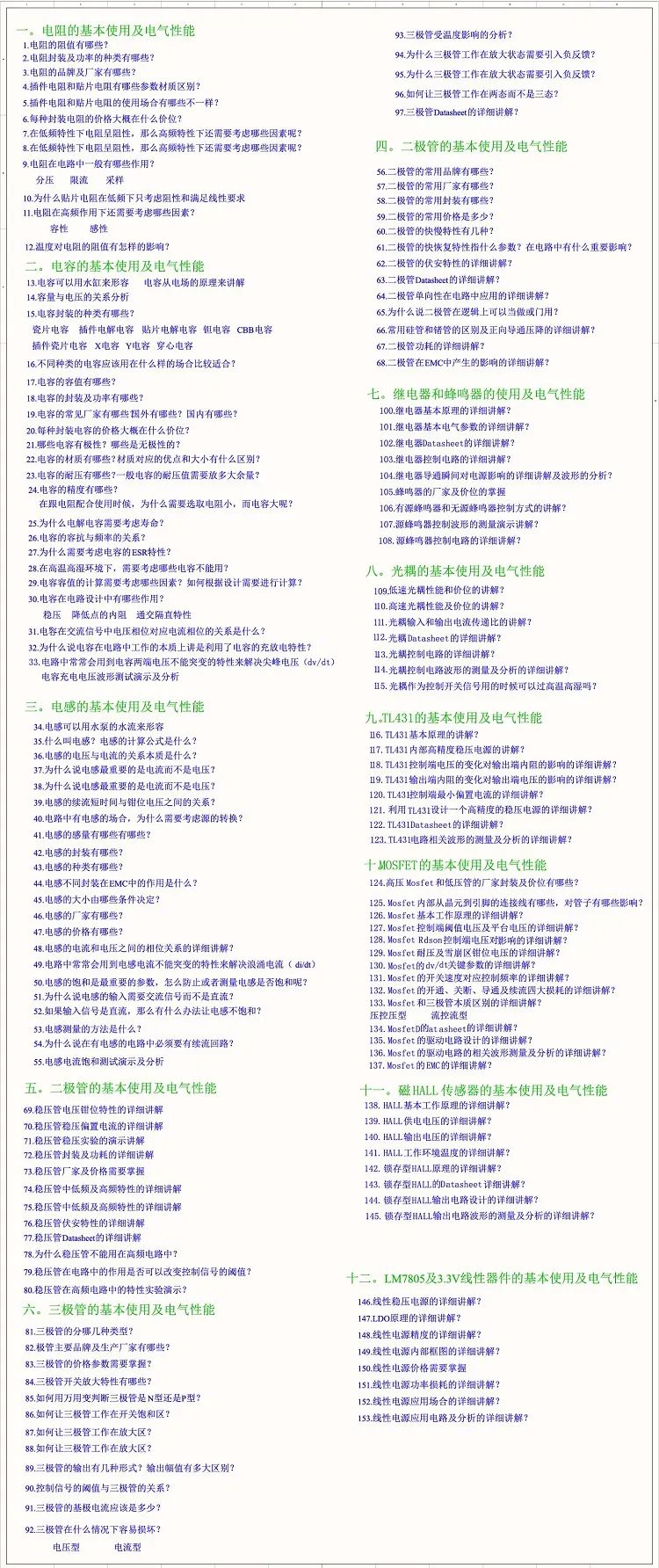
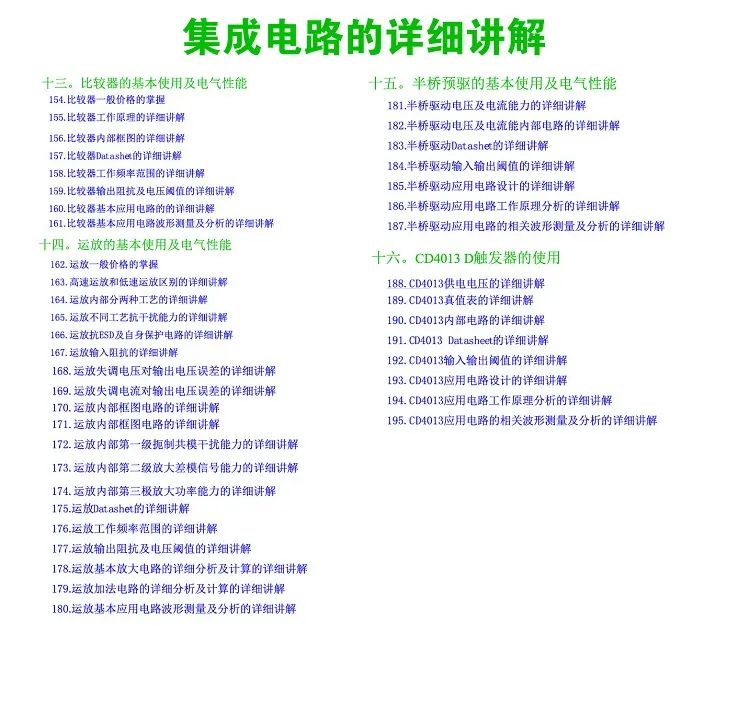
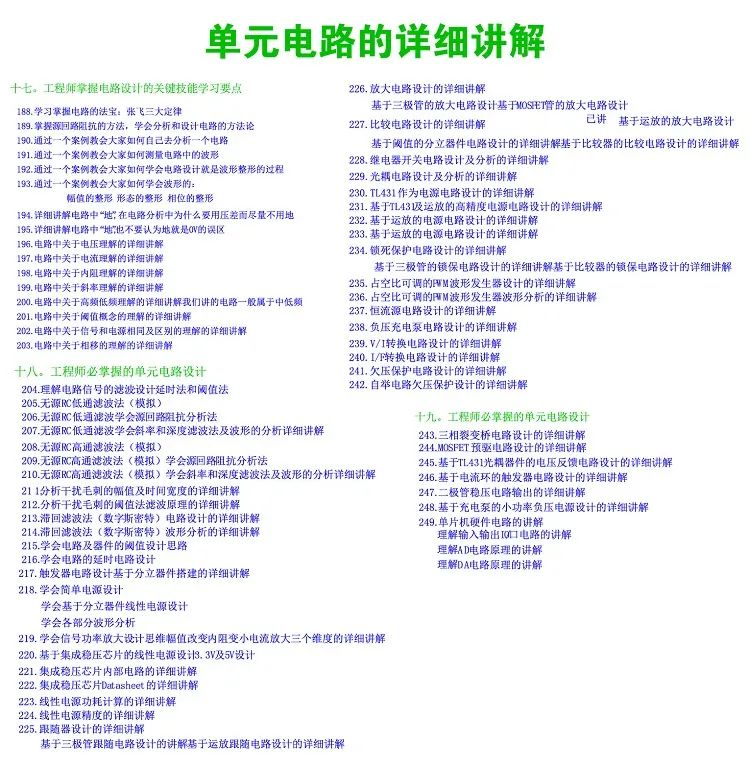
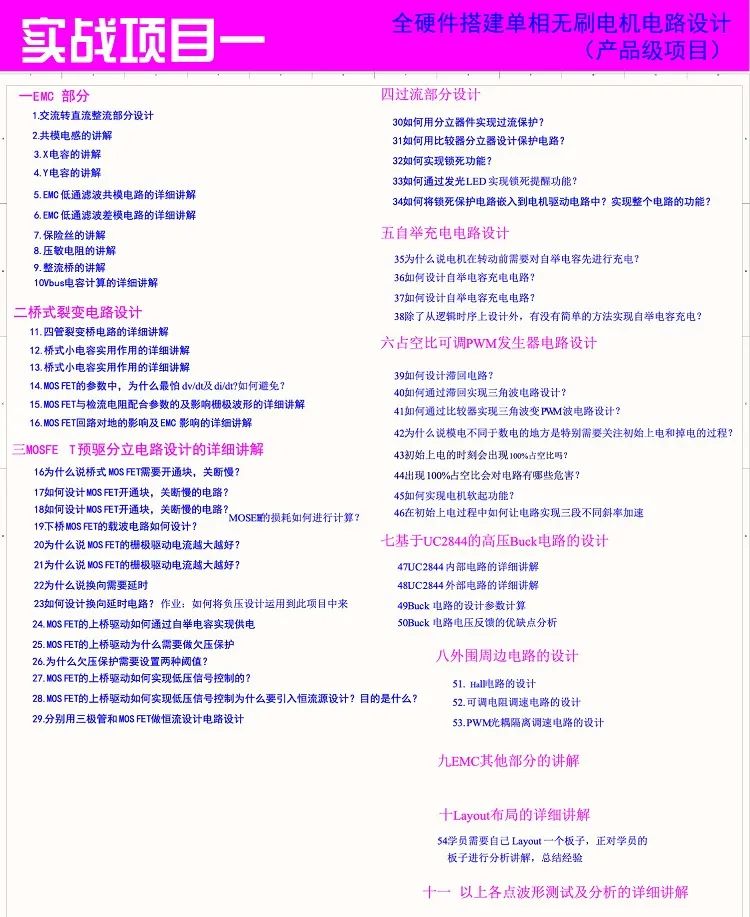
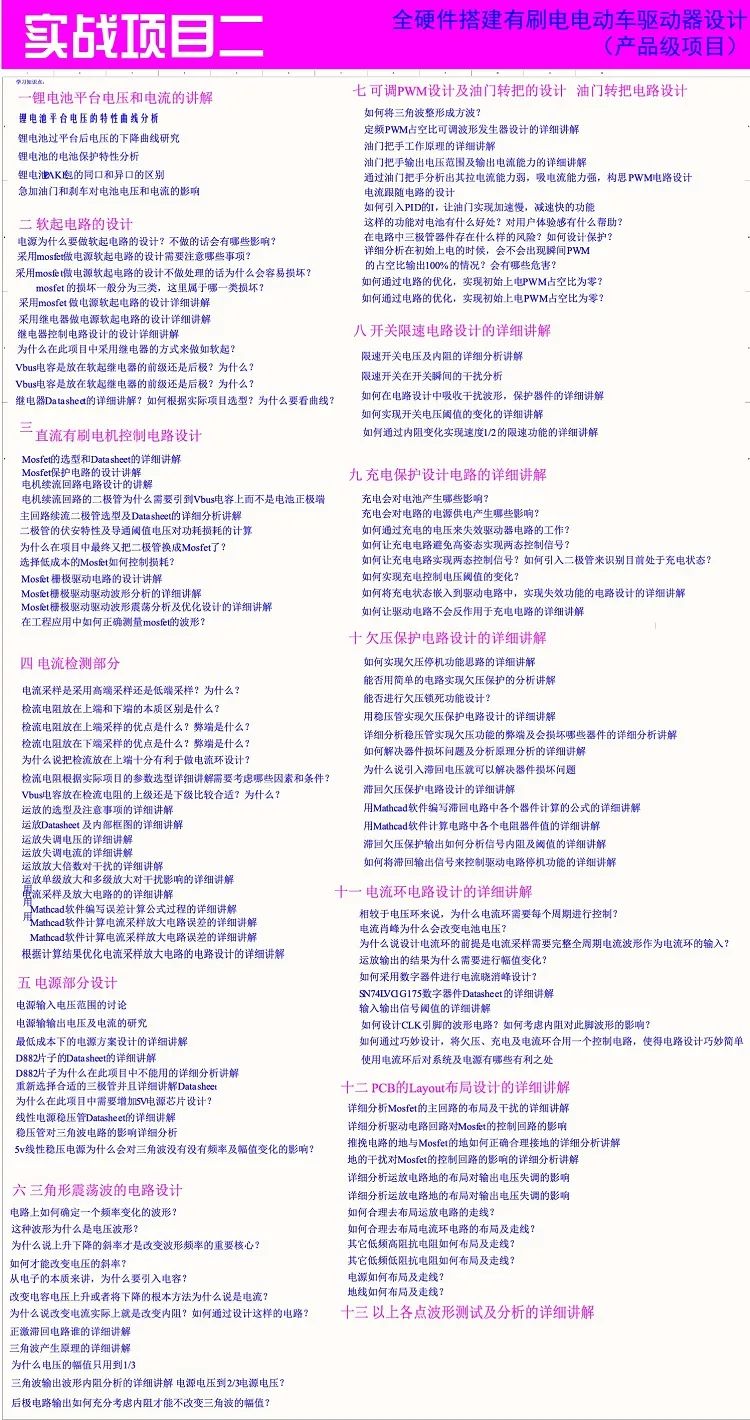
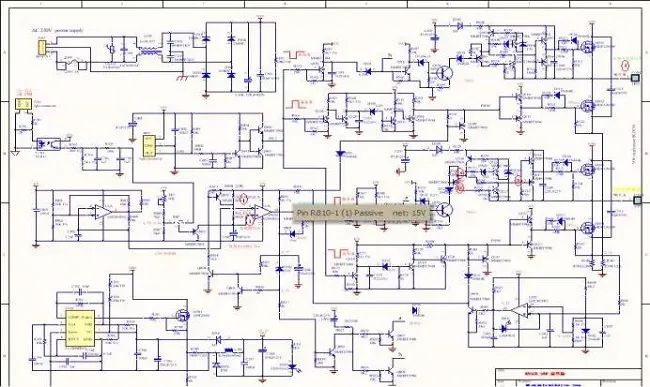
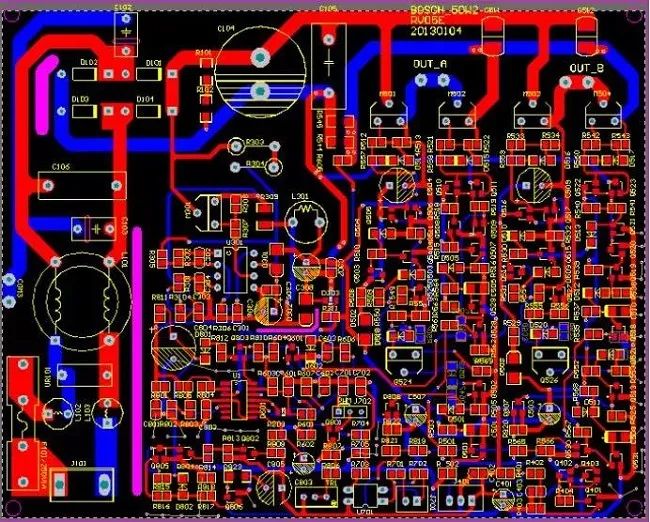
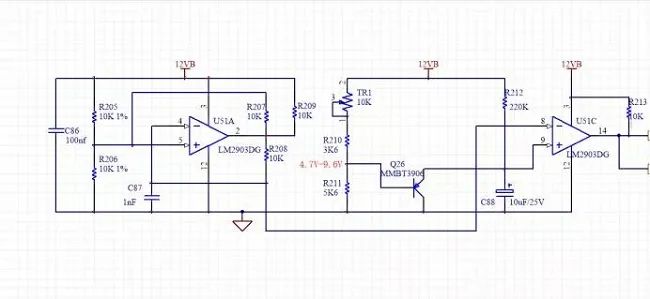
Currently, The Zhang Fei Hardware Engineer 90-Day Fast Track Course – Online Training Camp has opened the fourth enrollment period, with registration closing on November 15 (class starts on the 16th). Don’t miss the registration period if you want to enroll in the hardware circuit systems class!
The course uses a completely new200 recorded video tutorials, with three Q&A sessions (Tuesday, Thursday, Saturday) each week, daily learning assignments + weekly consolidation exercises, and video learning combined with hardware development boards, making your learning engaging and practical.
Scan the code to register now!

If you want to know more about the course, you can scan any of the assistant teachers below for inquiries.

Assistant Teacher Mario

Assistant Teacher Meow Meow
